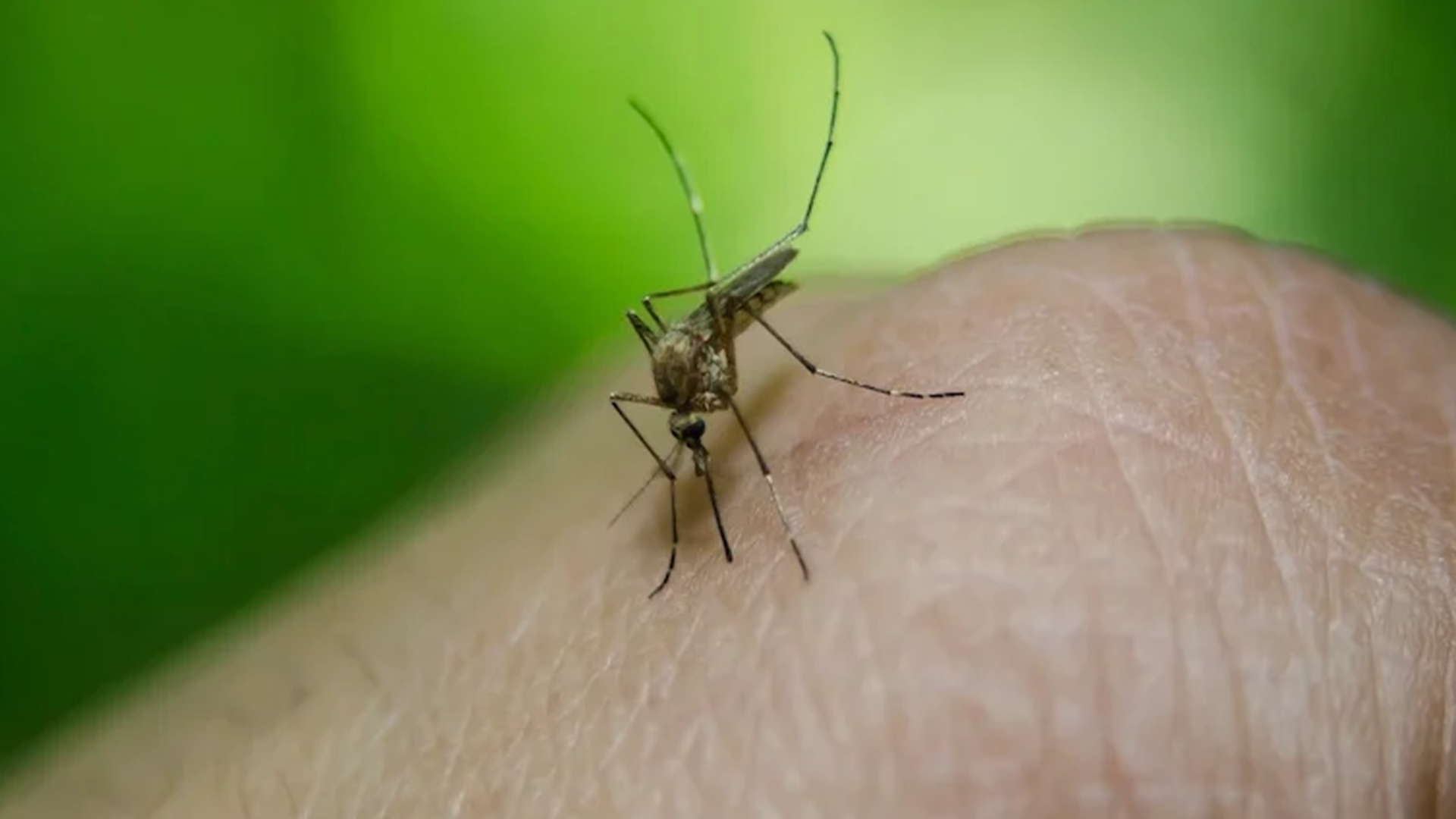
Rio de Janeiro Declares State of Health Emergency Amid Dengue Fever Surge Ahead of Carnival
Rio de Janeiro has declared a state of public health emergency in response to a surge in dengue fever cases, just days before the start of the iconic Carnival celebrations in Brazil. The move aims to contain the spread of the mosquito-borne disease, which has shown alarming growth in the city.
Mayor’s Announcement and Urgency Before Carnival
The city’s mayor, Eduardo Paes, made the announcement on Monday, expressing the need to address the epidemic urgently. Dengue fever, characterized by flu-like symptoms and potentially fatal complications, has seen a significant increase in cases, prompting heightened health measures.
Rising Dengue Cases and Record Hospitalizations
Rio de Janeiro has reported over 11,200 cases of dengue this year, surpassing almost half of the total cases recorded in 2023. January alone witnessed a record-breaking 362 hospitalizations due to dengue, marking the highest number since 2008. The urgency to curb the disease’s spread has become paramount.
National Vaccination Drive and Emergency Measures
The surge in dengue cases has accelerated plans for a nationwide vaccination drive. Rio de Janeiro, along with two other states, has declared a public health emergency due to the rising infections. The city is taking immediate measures, including opening 10 care centers, while the Health Ministry has established an emergency center for coordinated operations.
Global Dengue Surge and WHO’s Perspective
Brazil’s current dengue outbreak is part of a global surge, with over 5 million cases reported worldwide in the past year. The World Health Organization (WHO) Director-General Tedros Adhanom Ghebreyesus attributes the increase to the El Niño phenomenon, emphasizing the global impact of dengue.
Mass Vaccination Campaign as a Preventive Measure
While there is no specific treatment for dengue, Brazil is set to roll out a mass vaccination campaign. The Qdenga vaccine from Japanese drugmaker Takeda has been approved, with the aim to inoculate 3.2 million people in 2024. The vaccine has shown promise in reducing the risk of severe dengue, especially in children aged 10 to 14.
Climate Crisis and Dengue Spread
The current El Niño, one of the strongest on record, is cited as a contributing factor to the dengue outbreak by WHO. The global increase in dengue cases is linked to the climate crisis, with rising temperatures and prolonged rainy seasons providing favorable conditions for mosquito-borne diseases.
Global Impact and Dengue’s Escalating Threat
As dengue cases continue to rise globally, with Brazil at the forefront, the impact of the climate crisis on the spread of mosquito-borne diseases becomes more evident. Urgent measures, including vaccination campaigns and emergency declarations, are crucial to mitigating the escalating threat of dengue fever on human health.